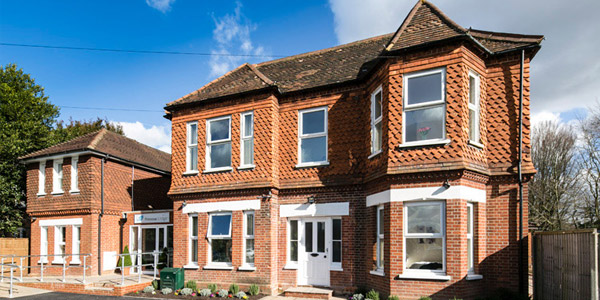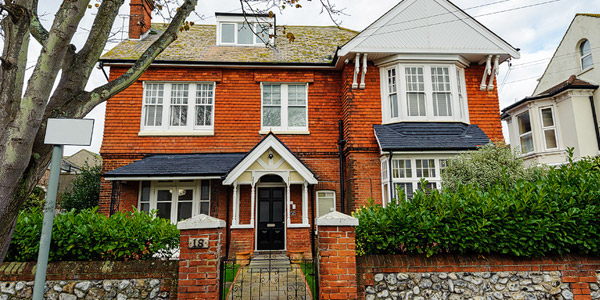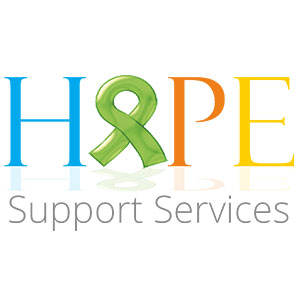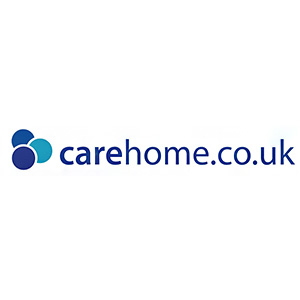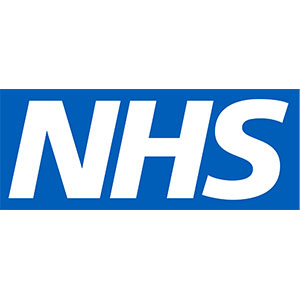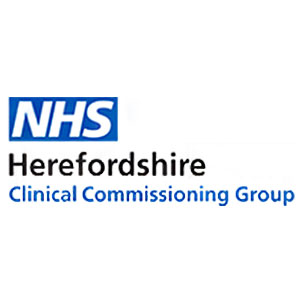Alcohol & Drug Rehab in Kington
Nowhere in the UK is free from the blight of substance abuse and addiction, and that includes supposedly quiet small towns like Kington just as much as it does the country’s inner-city areas. Alcoholism and addiction to illegal drugs and prescription medication are a growing problem, causing countless individual tragedies and collective social strife on a grand scale.
However, the picture is not an entirely gloomy one: recent years have seen significant advances in the treatment of addiction and the establishment of a growing number of dedicated treatment facilities. If you or a loved one are struggling with addiction in or near Kington, it is not too late to get help. Read on to discover how rehab can set you back on the path to a happy, healthy, addiction-free life.
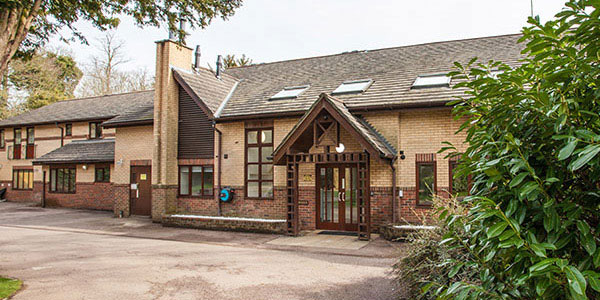
Banbury Lodge is a private UKAT rehab facility based in Banbury, Oxfordshir…
- Private
- Holistic Treatment
- Eating Disorder
- Residential
Featured Rehabs
At Primrose Lodge we genuinely care that our patients make a full recovery …
Liberty House Clinic is a fully furbished detox and rehabilitation facility…
The Recovery lighthouse is a 13 bedroom alcohol and drug rehab facility set…
-
0 review
- Free
- Young Persons
- Support
- Counselling
-
- Hospital
- Free
- Support
- Counselling
-
- Free
- Doctors
- Outpatient
- Support
-
Victoria Road
Herefordshire
Kington HR5 3BX0 review- Free
- Doctors
- Outpatient
- Support
- Load More
Drug & Alcohol Rehab Services in Gloucestershire
- A
- B
- C
- D
- E
- F
- G
- H
- I
- J
- K
- L
- M
- N
- O
- P
- Q
- R
- S
- T
- U
- V
- W
- X
- Y
- Z
What Is Rehab?

Rehab – more properly “residential rehabilitation” – is the process of attending a dedicated facility to undergo treatment for addiction, and also describes the facility itself. In rehab, patients enjoy the benefits of a quiet, secluded, pleasant and confidential environment and are treated and assisted by very experienced medical professionals familiar with the nature of addiction who are on hand 24/7, allowing patients to focus entirely on their own recovery and well-being.
Rehab is widely considered to be the most effective way of treating addiction, because it tackles both the immediate challenges of physical dependency and the longer-term ones of psychological addiction: it consists of a detoxification (“detox”) phase followed by a longer period of therapy and care, whereas many other approaches to combating addiction focus only on one or the other aspect and thus do not provide the level of holistic treatment which patients require if they are to remain abstinent once the initial dependency has been overcome.
How Can I Get Someone into Rehab?
Thousands of people die from substance abuse each year in the UK, while countless more fall victim to accidents and acts of violence in which alcohol and/or drugs are a major factor. As a result, it is by no means excessive to say that addiction treatment saves lives; by extension, it is also crucial to recognise that the sooner an addict is willing to recognise and admit to their condition, and reach out for help, the sooner that help can be provided and the greater the chances of success.
Although NHS addiction treatment services are typically very good, waiting times can be extremely lengthy due to the very high demand for services and the limited number of places available (especially at resource-intensive sites like rehabs). If you or someone close to you need help urgently, such a wait may be catastrophic, so do not hesitate: every day matters. Call 0800 024 1455 today to speak with an addiction specialist and discuss some of the private options available to you.
Advantages of Private Rehab
Any addict can testify that the temptations of their daily environment can be so great as to make individual attempts to “get clean” all but impossible. Rehab offers a pleasant, peaceful, secure and confidential setting, far from those temptations, in which addicts can focus solely on recovery.
Upon entering rehab, an addict will be assessed by a medical team before embarking on a period of detox and withdrawal supervised by highly experienced professionals who are on hand to make sure that this period is as safe and as comfortable as it can be (this may include the provision of certain medications to ameliorate the worst effects of withdrawal).
Following the detox phase, the patient will move into therapy – different models provided in various forms including group and one-to-one – aimed at addressing the root causes of addiction and at providing the addict with defence mechanisms against relapse. Throughout their stay the patient will be given healthy nutritious food based on a bespoke dietary plan, and will be given a tailored fitness schedule (on the basis that a healthy mind requires a healthy body).
Following the completion of treatment, the patient will leave rehab – but this does not mean that their recovery is complete: this is an ongoing process requiring constant attention and hard work, and as a result the patient will receive free aftercare for up to a year after leaving the facility.
What Does Rehab Cost in Kington?
The cost of private rehab in or near Kington can vary significantly by treatment programme, and depending on which of a variety of optional extras are selected. As a rough guide, standard costs range from between £5,500 and £11,000 per month, though the cheapest rehab treatment can start from as little as £834 per week. For more details, call 0800 804 4755.
NHS Addiction Treatment Options near Kington
If you feel that private rehab is currently not an option for you for reasons of cost, or if you do not feel that you are able to spend the required time away from family and/or work obligations, do not despair: various NHS and charity resources can be found in Kington and across Herefordshire which can help you combat your addiction. Consult your GP about which of these resources may be available to you and would be most appropriate for your specific situation.
Advantages of NHS Treatment
The NHS does a wonderful job, and one of its primary advantages is, of course, that its services are free at the point of use; private rehab, meanwhile, does come at a cost which can be offputting to some addicts (though compared with the potential costs of continuing to live with a dangerous addiction, this may be seen as a very valuable investment).
NHS services are also very accessible geographically as it operates throughout the country (whereas some rehab facilities may be some way away); NHS standards are also very high (though again waiting times may be substantial).
Addiction Support Groups
A number of organisations exist across the country to provide assistance to recovering addicts, and some of these operate a support group model. Support groups are groups of individuals who are themselves recovering addicts – some only recently free from addiction, while others may have been clean for many years – and who come together at regular meetings to give and take mutual support: sharing their stories of addiction, giving advice on how to resist relapse, showing solidarity and sympathy when group members are struggling, and providing the simple companionship which can mean so much in times of difficulty and loneliness.
Support group attendees can come from all walks of life, brought together by their shared experience of addiction and recovery; typically, attendance at support groups is free and the only qualification for participation is a commitment to leading a life free of substance abuse.
The most famous support group organisation, and the one on which most others are modelled, is Alcoholics Anonymous (AA) which was founded in 1935 and runs on a 12-step programme of personal and spiritual development, with one of the steps being a recognition that a higher power – such as God – can assist with an alcoholic’s recovery. Narcotics Anonymous (NA), founded in 1953 and based directly upon the AA model, is the second-largest support group organisation worldwide and caters to recovering drug addicts specifically.
In a similar vein, but supporting those recovering from addictions to specific substances, are Cocaine Anonymous (CA), Heroin Anonymous (HA), Marijuana Anonymous (MA) and Crystal Meth Anonymous (CMA), all of which operate 12-step programmes. There are also support groups such as Al-Anon and Nar-Anon assisting the families and friends of addicts which typically hold meetings alongside those for the addicts themselves.
Support groups typically meet weekly, though each local chapter is managed independently and meeting times and venues are subject to change. To find information on meetings in or near Kington, see the relevant websites: Alcoholics Anonymous; Narcotics Anonymous; Cocaine Anonymous; Heroin Anonymous; Marijuana Anonymous; Crystal Meth Anonymous.
Types of Counselling

Many recovering addicts utilise individual counselling, which can be provided following the completion of a treatment programme at rehab or elsewhere as a supplement to that programme, or potentially as a means of managing an addiction in advance of engaging in proper treatment. Private addiction counsellors offering a huge variety of different approaches to therapy operate across the country; they are typically seen by private appointment on an ongoing basis – often weekly – and usually charge by appointment.
Access is usually limited to predefined working hours, although some counsellors do make themselves available on an emergency basis.
How to get to Banbury Lodge from Kington
Banbury Lodge is situated in a delightful, peaceful rural setting in the historic Oxfordshire town of Banbury. Its state-of-the-art facilities and highly experienced medical and support staff create the ideal environment in which to address the key questions at the heart of recovery from addiction, and to embrace its fully comprehensive holistic rehabilitation programme. It is also one of the only rehabs in the UK offering treatment to people aged between 16 and 18 struggling with addictions.
To get to Banbury from Kington, take Bridge St (becoming Headbrook) to the A44; take the A44 all the way to the A4440 and then join the M5 towards Birmingham. Merge onto the M42 towards M1/London, and then join the M40; stay on the motorway until junction 11, then take the A422. Follow this road to the A4260, then follow signs to the town centre.

